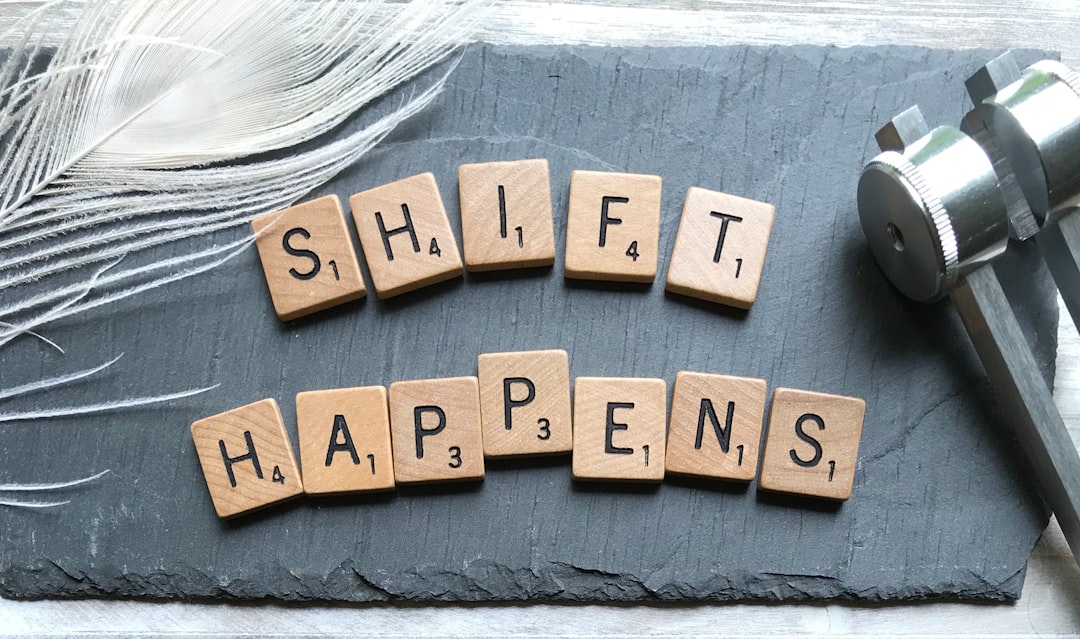January Writing Roundup
This Month in Review

I hope your January is off to a good start, dear readers, and that you are making good progress on any resolutions you made. For my new readers, at the end of each month I gather things I’ve read recently and share them with you.
Here’s some of my favorite media I’ve consumed over the past month on writing, productivity, and managing all-the-things. Some of this content is new, some of it is old, but all of it has kernels of wisdom for busy academic writers.
1. Here are the Publish Not Perish posts from the past month, in case you missed any!
Cross-Post: (Re)Claiming the Joy of Writing (paid subscribers)
At the Intersections of Time Efficient Teaching and Good Pedagogy
2. My discipline's main journal, JCMS, recently circulated a description of their desk review process and criteria. They outline all of the criteria they use to determine whether a manuscript is suitable for peer review with the journal. While processes vary from journal to journal and discipline to discipline, I believe this is a good checklist for submitting an article to journals in general. This level of transparency from a journal is greatly appreciated, as the review process is often a mystery to those who have never worked at the editorial level.
3. A couple of readers recently asked for more content about writing while adjuncting or working as a writer outside the academy. I’m hoping to pay guest writers in the future to write content like this since this is not my experience (to that end, please consider joining as a paid subscriber so that I can do this!)
In the meantime, I really enjoyed reading last month’s post from Mary Flannery at Page by Page about thinking of herself as a Freelancer instead of a “non-tenure-track” or “fixed-term” scholar. She writes,
a shift in language is what made the biggest difference in how I saw myself—not as a ‘fixed-term’ or ‘non-tenure-track’ scholar, but as a ‘freelancer’. I’m forging a career via a constant flow of pitches, proposals, and applications. So far, I’ve published five books, along with numerous articles and book chapters, and I’ve been awarded nearly CHF 2m of research grants from major funding bodies in five countries. If that isn’t success, I don’t know what is. And it’s thinking of myself as a freelancer that has helped me put those achievements into perspective.
Check out Mary’s newsletter for more great content!
4. Writing while raising young children was another topic that readers raised. I am unable to speak to this experience either, but I hope to have a guest writer on this topic soon.

Here is one writer's account of "micro-writing," a technique that she used to make progress while finishing her dissertation while caring for newborn twins. Even though I definitely feel better about my work process when I'm in a deep writing mode, I've actually only used very brief time blocks to advance projects. In the end, both strategies are viable, and while I prefer longer blocks of writing, short writing blocks can and do work when necessary.
5. The incomparableRoxane Gay penned an essay for the New York Times about her struggles with being a workaholic while also understanding that jobs are not everything. She says,
The expectation that we should go above and beyond for employers who feel no reciprocal responsibility is a grand, incredibly destructive lie. We may not have a lot of professional flexibility, but we do not need to believe anything that is so fundamentally detrimental to well-being.
Her essay aligns with other conversations about “quiet quitting” and “the great resignation” that’s sweeping various industries, including academia.
I also appreciate the personal tone she takes in the essay:
In these early days of 2023, I’ve been thinking a lot about how who I am and what I do for a living are two very different things. I’m a writer and professor and editor. I love my work, but it is still work. I am, admittedly, a workaholic. Like many people, I am overextended and overcommitted. I work far more than I should, even though my time is finite and apparently, I do need sleep. I am ambitious, yes, but ambition alone is not responsible for the intensity of my professional life. The older I get, the more I question why. At the end of my life, will I want to be remembered for who I was or what I did for a living?
As I’ve said before, I admire Gay’s ability to be vulnerable and honest in her writing. Imagine how much harder it is to do so when you are a public figure like she is. Roxane Gay is a national treasure.
6. If you're looking for podcasts on professional development topics, check out the PhD Life Raft Podcast. Dr. Emma Brodzinski interviews academics about different approaches to navigating a PhD program. This is also a good podcast for junior scholars because it covers many of the professional development topics that we wish we had in graduate school. For instance, a November episode discusses writing as project management.
7. In the months and years to come, I also want to grow Publish Not Perish and increase the number of resources I provide. In order to broaden the perspectives I can offer, I want to invite and compensate guest authors who have different experiences in the academy than I do. I want to interview prolific scholars and share their wisdom with my readership. I want to add the Substack chat feature to Publish Not Perish so that readers can get to know each other, help each other out, and talk to each other. I’m also considering creating short courses and writing retreats in the future. There’s a book percolating between the lines of this newsletter as well.

All of this requires more labor from me, so I humbly request a small financial commitment from you that affirms that this work is worth doing. So what do you say? Will you join me?
Free Membership. You will receive a weekly public post delivered to your inbox. Some of these will be paywalled two weeks after they are published; however, the posts that resonate the most with folks will remain open because access is important to me.
Paid Membership. If you find the information in my newsletter helpful for you, the people you work with, or the people you mentor, please consider supporting my work by becoming a paid subscriber for as little as $6 per month or $60 a year. Users with paid subscriptions have full access to all previously published public posts, additional posts, and the Publish Not Perish community chat on the Substack app.
Founding Membership. If you are an academic who has access to institutional funding for professional development, please consider becoming a founding member, as many institutions would reimburse you for this subscription. You may decide how much you would like to pledge above the $60 yearly subscription rate, with a recommended pledge of $200. Founding members will also receive three free year-long gift subscriptions to give away.
8. We’d love to hear from you! What’s something you’ve recently read about writing or managing all-the-things that you’d like to share with our readers? Leave a comment below to share and share alike.



Thanks so much for flagging my ‘Freelancer’ post, Jenn—it’s my favourite Page by Page post so far, so it’s wonderful to know it resonated with someone!